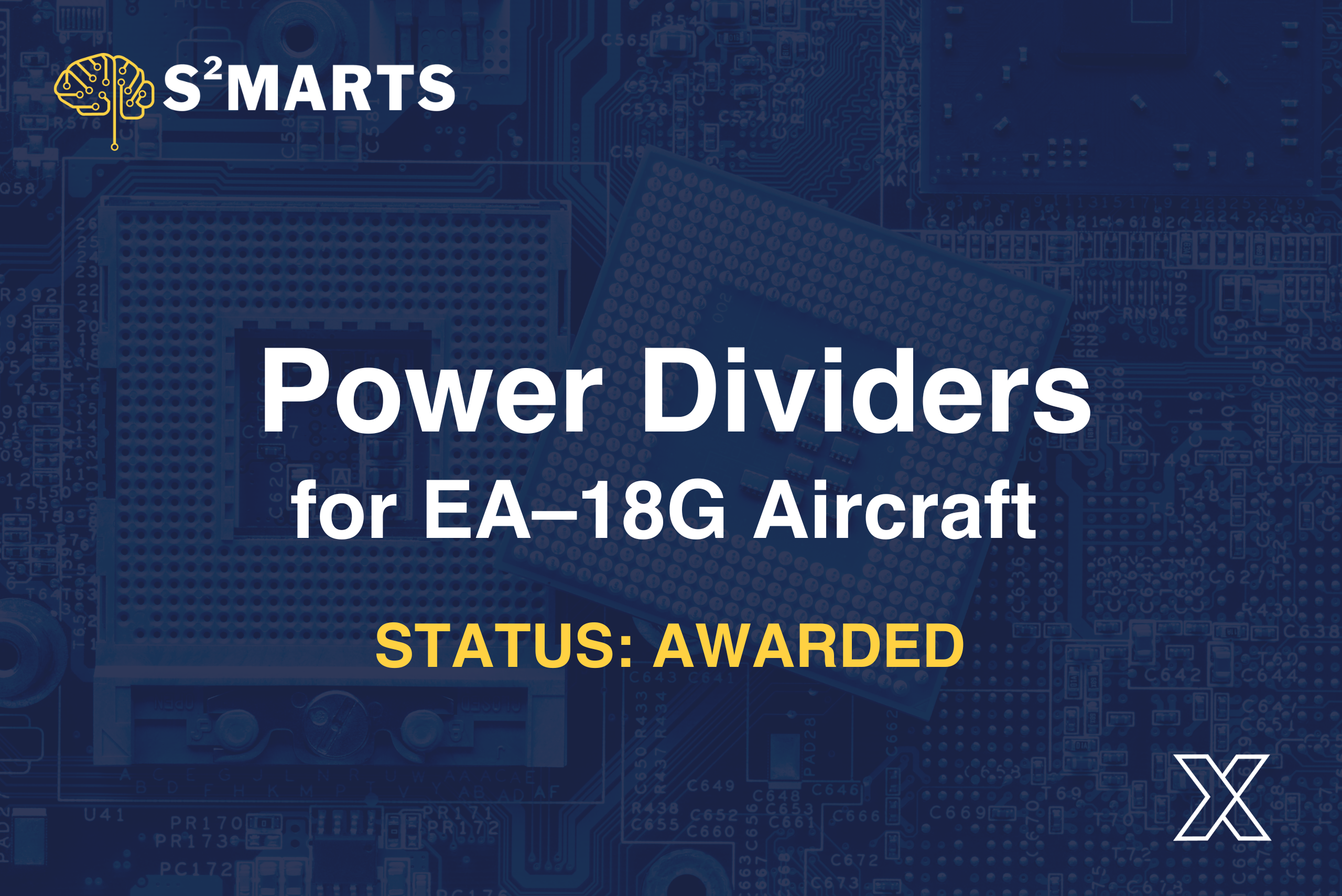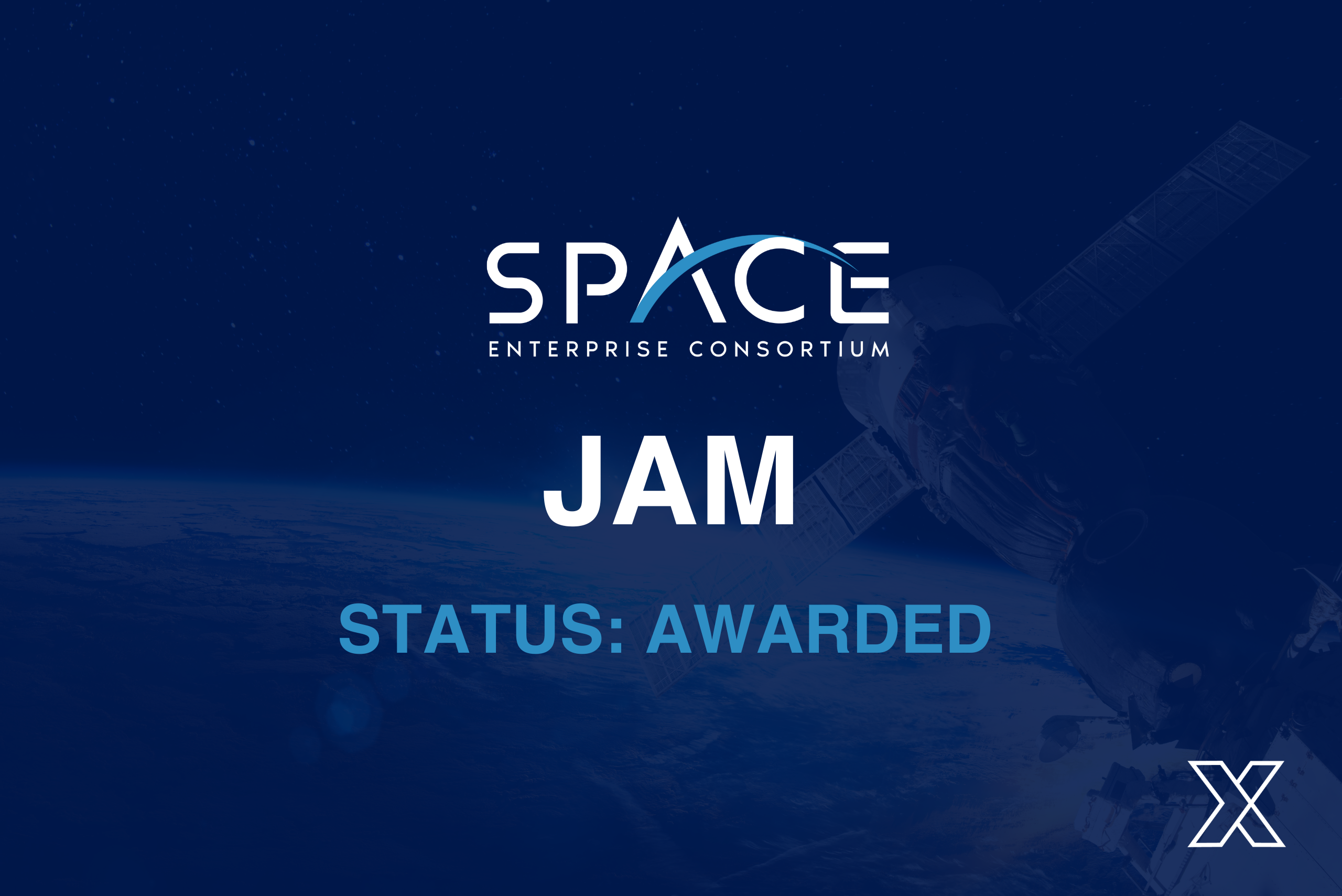Blockchain for Military Logistics: What You Should Know
April 4, 2023

Blockchain technology is revolutionizing the military industry by providing secure, efficient data sharing and storage solutions. It has the potential to solve major problems in military logistics, such as tracking supplies, managing personnel records, and ensuring data security.
With blockchain technology, military personnel can access up-to-date information quickly and securely without worrying about privacy or accuracy issues. This will make it easier to manage resources efficiently while keeping sensitive information safe from unauthorized users.
What Is Blockchain Technology: An Overview
Blockchain technology is a revolutionary development that has transformed how military defense and other key areas of functionality and operations are conducted. Considered a form of distributed ledger technology, this pseudonymous system allows for secure data transmission without the need for any centralized authority to administer or monitor it.
It is made up of nodes that:
- Validate transactions
- Store data in blocks
- Share data among different computers on the network
Each block is cryptographically secured, forming an immutable chain of records that can verify the accuracy and authenticity of stored data. The decentralized nature of blockchain technology makes it highly attractive, as there is no single point of control or failure.
Its applications go beyond military defense, from:
- Financial transactions
- Healthcare initiatives
- Smart contracts
- And more
Allowing for a secure digital infrastructure with much higher levels of transparency than what traditional systems could offer.
Military Logistics Applications: Is Blockchain Beneficial?
In the context of data sharing within military logistics, blockchain technology is emerging as a valuable tool, due to its decentralized nature and data security capabilities. In comparison with traditional systems, blockchain is beneficial in terms of data insight and real-time updates.
Furthermore, it eliminates data integrity issues and prevents data tampering by providing a single source that all stakeholders can access simultaneously. This makes data sharing much simpler while reducing human errors and time lags occurring when utilizing traditional methods.
Overall, blockchain technology has the potential to revolutionize data sharing within military logistics and generate various advantages for users.
Areas in Military Defense that Can Benefit from Blockchain
Blockchain technology can offer military defense forces a wide range of benefits, particularly in the areas of military logistics and supply chain management.
For example, it can add greater accuracy to the identification and tracking of:
- Military personnel
- Weapons
- Ammunition
- Other resources
In addition, it has the potential to enhance end-to-end visibility into military operations so that planners can make more informed decisions. Furthermore, its cryptographic security capabilities can improve military communications by adding an extra layer of authentication for sensitive messages and data stored online.
As technology innovations continue to evolve, military defense organizations should take advantage of the diverse opportunities available from blockchain solutions to identify meaningful ways to improve operational efficacy.
Data Management
As with any sector, one of the most important components of success in military defense is data management.
Blockchain technology provides a potential solution; by improving data integrity through the use of distributed ledgers and automation, it can reduce manual tasks significantly to better manage complex networks.
Recent agreements between the U.S. Special Operations Command and multiple tech firms demonstrate how government agencies are starting to embrace blockchain as a secure way to store and manage large amounts of vital data while simultaneously improving overall operational effectiveness.
Supply Chain Management
Another potential application of blockchain technology in the military is supply chain management. Blockchain can track the movement of supplies and equipment throughout the supply chain. This would allow for greater transparency and efficiency in the supply chain and could help to prevent the loss or theft of supplies.
A blockchain-based application for supply chain management could
- Improve the security and reliability of record keeping
- Streamlining efficiency
- Minimizing the likelihood of counterfeits introduced
This could improve workflows by allowing personnel in the field access to real-time inventory tracking information as well as ensuring accuracy as records can’t be altered without all parties being immediately notified.
Furthermore, streamlined processes would also help personnel make decisions faster and more accurately, improving agility when responding to clock changes in a complex battlefield environment. By embracing blockchain-based applications for military defense, supply chain management capabilities could greatly improve overall operation efficacy within modern militaries.
Asset Tracking
Asset tracking is another area where blockchain technology could have a significant impact. In the military, it is important to know the location of all assets, including
- Weapons
- Vehicles
- Communications equipment
Blockchain-based asset tracking would allow for real-time tracking of assets and could help to prevent their loss or theft.
With blockchain, each asset can be given a unique identifier that cannot be altered. This would allow the military to keep track of its assets with a high degree of accuracy.
Additionally, blockchain could be used to track the movement of assets throughout the supply chain. This would provide greater transparency and visibility into the supply chain, which would help to prevent theft and other forms of loss.
Identity Management
In recent years, the military has become increasingly reliant on digital technologies. One area, in particular, that has seen significant advances is identity management. The use of blockchain technology can provide several benefits in this area, including improved:
- Security
- Accuracy
- Efficiency
One major benefit of using blockchain for identity management is improved security. Traditional methods of storing and managing data are susceptible to hacking and fraud.
However, blockchain is much more secure. With blockchain, data is stored in a distributed ledger that is incredibly difficult to tamper with. This makes it an ideal solution for storing sensitive information such as military personnel records.
Another benefit of using blockchain for identity management is improved accuracy. With traditional methods, it can be easy for data to become inaccurate or incomplete over time.
However, blockchain provides a permanent and tamper-proof record of data. This means that information stored on the blockchain is always accurate and up-to-date.
Finally, using blockchain for identity management can improve efficiency. Traditional methods often require manual processing, which can be time-consuming and error-prone. With blockchain, data can be automatically processed and verified, which can save a lot of time and effort.
Cybersecurity
Cybersecurity is a critical concern for the military, as hackers can potentially gain access to classified information or disrupt critical infrastructure. Blockchain technology could be used to create a secure, decentralized network that would be resistant to cyber-attacks.
In an increasingly digital world, the defense of military systems and networks is of utmost importance. Recent developments in blockchain technology present a new opportunity to provide greater protection against cyber attacks and threats.
The military could implement blockchain to secure data from unauthorized access or alteration. Its unique architecture ensures accountability and transparency, and its distributed ledger system provides an immutable record that cannot be overtaken or corrupted.
Moreover, blockchain can combine private and public data sources for improved threat analysis which will help the military create swift responses during emergencies. In conclusion, incorporating blockchain into an effective cybersecurity strategy would significantly strengthen the defense against malicious adversaries in times of crisis.
Adopting Blockchain in Military Logistics: Main Challenges
The process of data integration in military logistics can be extremely complex and time-consuming, making it difficult for blockchain ideation to align with the standards of data sharing within the sector.
Another challenge emerging from adopting this technology is data security due to decentralization, which could potentially jeopardize information stored on the blockchain.
A third consideration is the cost efficiency of incorporating data from existing systems into blockchain-based ones, while also maintaining a fluid process. Although blockchain holds the potential to elevate data accuracy amongst other benefits, there are still prominent roadblocks preventing further incorporation into military logistics.
Overcoming the Main Challenges
In order to overcome the main challenges, military organizations need to develop an effective data integration process that is tailored to their individual needs.
Additionally, military personnel needs to ensure that information stored on the blockchain is secure and consistent through rigorous testing procedures.
Finally, military logisticians must pay attention to cost efficiency when implementing a blockchain solution for military logistics, in order to ensure optimal performance without breaking the bank.
Blockchain in Military Logistics Operations: Real-Life Examples
The use of blockchain-based data sharing is becoming increasingly prevalent in military logistics operations. As data security is of utmost importance when it comes to military affairs, decentralizing data processing and management via the use of blockchain technology can provide
- More efficient data security
- Streamline data sharing between numerous organizations
- Create greater accuracy
In recent years, many governments have implemented blockchain applications within their military forces to improve the organization’s data security systems.
For example, in 2017, the UK’s Department of Defense invested resources in developing a secure distributed ledger network based on a private version of the Ethereum protocol for data verification applications specifically designed for defense scenarios.
Additionally, the United States Marine Corps adopted an extensive research project that provides its members with an encrypted platform powered by blockchain technology with which they can securely communicate and exchange data with both allied nations and domestic stakeholders.
History has already proven the massive potential associated with the integration of blockchain into military logistics operations and this widespread adoption among militaries around the world hints at continued investments in the exploration of similar implementations.
The Future of Blockchain in Military Logistics
The future possibilities for blockchain technology in militarized data sharing and logistics operations are exciting. As data sharing rapidly grows within the military, blockchain can have a profound impact on the way data is:
- Tracked
- Stored
- Transferred
Blockchain data immutability drastically improves the security of data being shared across all branches of the military. The enhanced data integrity provided by blockchain could make a large difference in how information is organized to better serve our military personnel.
Advanced data-sharing capabilities with blockchain give our personnel acting on critical missions increased confidence in their data accuracy and collection speed when responding to high-stakes scenarios. There is vast potential for blockchain technology to modernize and improve military logistics operations as they continue to evolve as we enter a new era of data usage.
Blockchain Technology: Looking Forward to the Future
Organizations around the world are beginning to recognize the value that blockchain technology can bring to their operations. From improved data security and accuracy to streamlined communication capabilities between allied nations, this powerful tool is revolutionizing military logistics as we know it.





